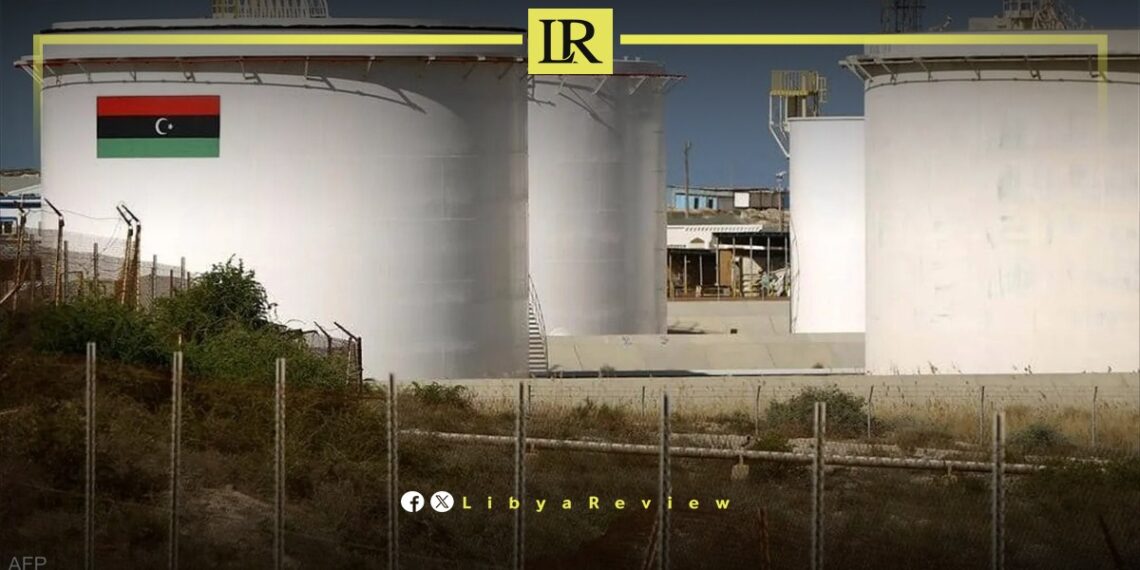On Thursday, Central Bank of Libya announced that oil revenues for the first half of 2024 reached 37 billion dinars ($7.61 billion), while revenues from local fuel sales amounted to 33 million dinars.
Libya’s economy is heavily reliant on oil revenues, which totalled 99.1 billion dinars ($20.69 billion) last year, compared to 105.4 billion dinars in 2022, according to the Central Bank of Libya’s data.
The Central Bank stated that the total public revenue for Libya exceeded 45 billion dinars from January 1 to June 30, 2024. This includes oil sales, royalties, taxes, customs, telecommunications, and local fuel sales, among other sources.
Tax revenues reached approximately 122 million dinars, customs revenues were 123 million dinars, and telecommunications brought in 15 million dinars. Other revenues amounted to 623 million dinars for the same period.
The “other revenues” category encompasses income from financial services in Libyan cities, including refunds, passport fees, vehicle registration, fines, and other charges.
The economic bulletin issued by the Central Bank of Libya last month indicates a significant increase in bank deposits. In the first quarter, deposits rose by 9.6%, reaching 138.077 billion dinars, compared to 125.943 billion dinars at the end of the previous year.
The bulletin reveals that deposits initially declined to approximately 121.19 billion dinars in January. However, they rebounded in February and March, reaching 133.79 billion dinars and 138.07 billion dinars, respectively.
Demand deposits constituted the majority of the total, accounting for 81.3%, or 112.27 billion dinars, by the end of the first quarter of this year.
Time deposits also saw an increase, rising by about 2.35 billion dinars, or 10%, to 25.52 billion dinars during the same period.
The rise in both demand and time deposits suggests that Libyan citizens and businesses are increasingly placing their funds in banks.
In June, the National Oil Corporation (NOC) of Libya announced that it has transferred $7.62 billion to the Central Bank of Libya (CBL) over the first five months of 2024. This substantial sum, generated from oil exports, underscores the vital role of the oil sector in sustaining Libya’s economy.


